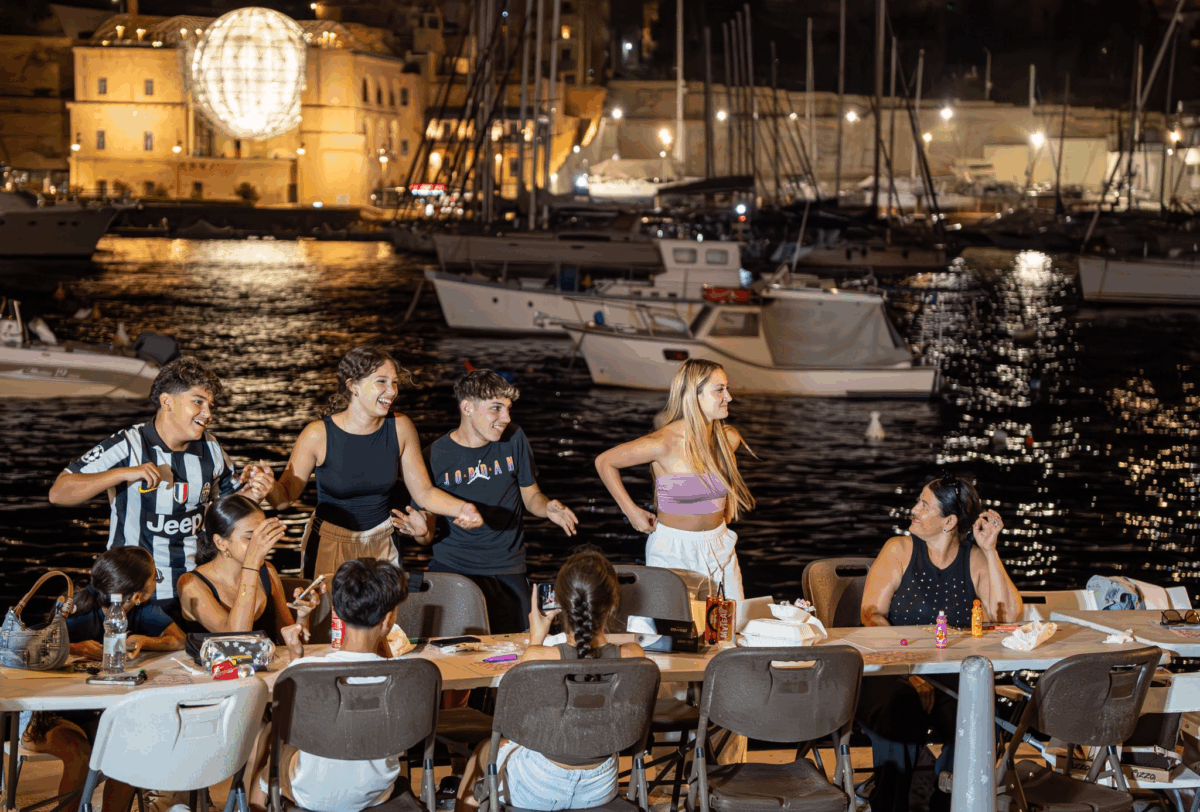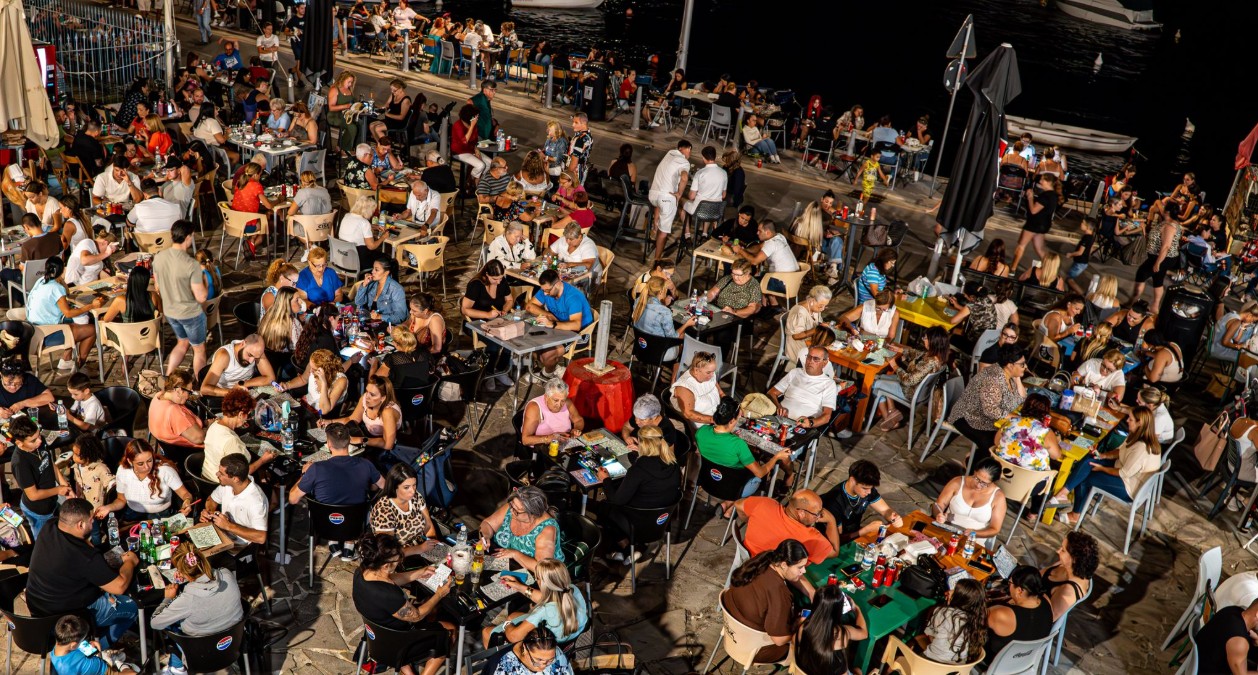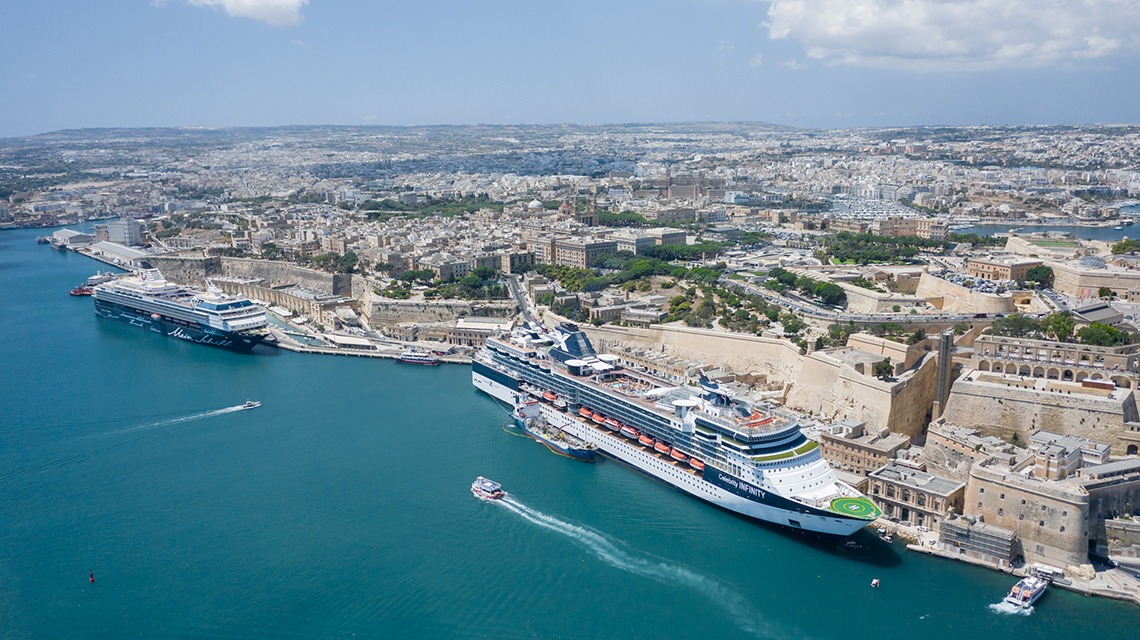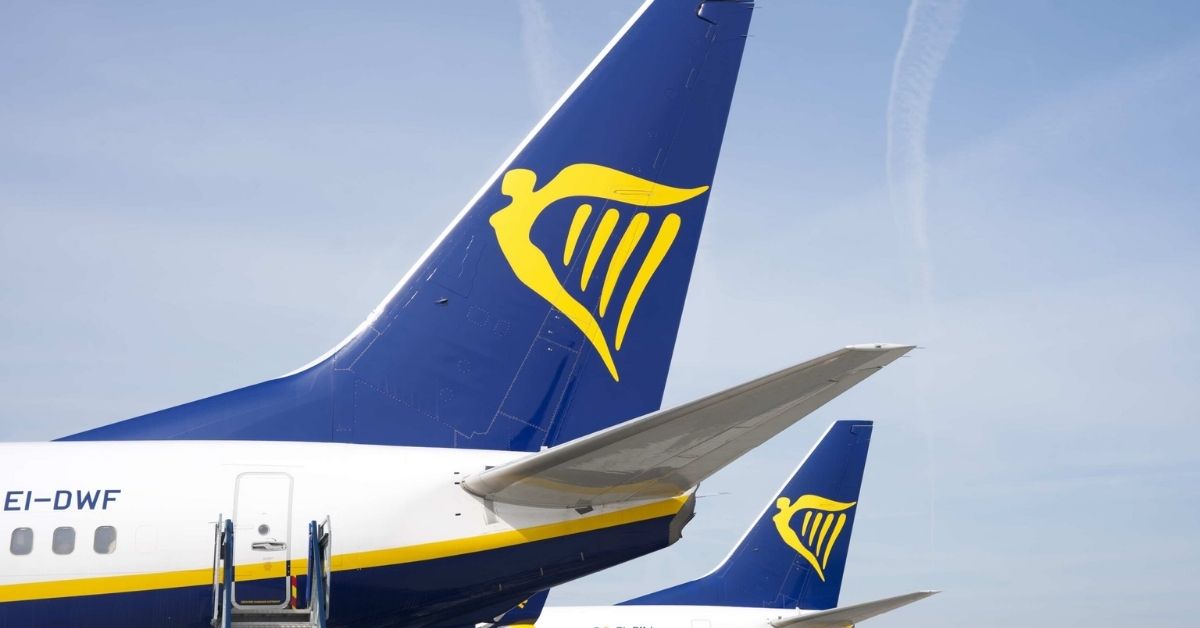With its rhythmic call of numbers and the familiar cry of “eyes down!”, tomobla has long been woven into Malta’s social fabric. Once the domain of parish halls and feast-week fundraisers, the classic numbers game is now being reinvented for a younger crowd – complete with DJs, themed parties, and sold-out events.
At the same time, organisers are navigating an increasingly structured regulatory environment.
According to the Malta Gaming Authority (MGA), tomobla is classified as a Non-Profit Game, where the stake per player cannot exceed €5 and at least 90 per cent of the net proceeds must go to charitable, sporting, or cultural causes.
An MGA spokesperson, explains to BusinessNow.mt that “in Malta, the requirements differ depending on whether the tombola event is organised for non-profit or commercial purposes.”
They elaborate that a Non-Profit Game “requires a specific permit issued by the Malta Gaming Authority (MGA), which is valid for a single event and expires once the event concludes. The event must comply with conditions set by the MGA, including limits on session duration, reporting requirements, and measures to prevent minors’ participation.”
If the game is run for profit, however, a full commercial gaming licence is required.
According to the MGA’s latest Annual Report, a total of 1,812 tombola licences were issued in 2024 – the highest number in four years.
‘It’s still a hobby for many people’
For Simon Sciberras from Għaqda Mużikali Marija Annunzjata A.D 1862 – Ħal Tarxien, tomobla remains a cherished community activity, even if the returns are modest.
“The prices are regulated by the Malta Gaming Authority (MGA),” he says. “We have profit, but it’s not a lot when you compare it to how many hours you spend preparing sheets, tombola expenses, to get the permit from the MGA, the duration of the game, and cleaning up before and after the game.”
He believes the pastime may decline over time. “We think in the future the game will be less popular since the game is popular mostly with older persons.”
Still, he notes that its social charm keeps people coming back. “I think the game is still popular because it is a hobby and they try their luck in winning something.”
Mr Sciberras also explains that clubs must be up to date with the Centre for Voluntary Organisations to obtain a licence – another layer of administrative diligence that ensures transparency.
A modern twist on a timeless game
Over in Birgu, Chris and his colleagues from the Regatta Club have taken a different approach.
He and his team have turned tomobla into a major entertainment spectacle, combining the traditional format with live performers and themed events.
“When we came up with the idea to do tombola, we came up with a formula that we earn less and do big prizes so that the game can grow. Eventually, it worked,” he tells BusinessNow.mt. “The way the formula works is that the more people there is, the more the profit grows. In the beginning we struggled a bit, but then it worked.”
The results speak for themselves. “The last one we did, (on 19th September) we calculated that there was a half kilometre of people,” he said.
Their version of the game has become an unmissable social event. The most recent edition featured familiar faces from the beloved Maltese TV show Klassi Għalina – including Spiru, Lola, and Ġino l-Kink – as well as singer Georgina Abela and DJ Luca Lorenzo.
At the start of the evening, a line win earned €100 and a full house €1,000, but as the night went on, the top prize soared to €5,000.
“We’ve only been doing this tombola three years but we always abided by the rules and got the necessary permits,” Chris emphasises. “In the last tombola we had, the authorities came to do some checks, and we didn’t have any problems.”
He added that the audience isn’t limited to retirees anymore. “I think people come to our tombola because it’s different. We have big prizes, and you find students, and young people, not only old persons.”

The upcoming winter series is already proving popular. “Now we have five or six planned for the winter, but we have a limit since they will be held inside. The next one will happen in November, and 1,000 tickets were sold out in four hours.”
To keep things fresh, the next event will even include a 90s-themed party after the main game. “The important thing is that we keep it innovative so it continues to grow,” Chris says.
The enduring appeal of ‘eyes down’
Tomobla remains a social equaliser – a mix of excitement, routine, and superstition. Long-time players still call out familiar nicknames for the numbers: 22 – the nuns, 11 – sexy legs, 90 – the old lady, 55 – the rabbits, 81 – the hunchback.
From community halls to crowded clubs, the format may be evolving, but the essence of tomobla – the thrill of chance and the sound of numbers echoing through the night – continues to unite generations.
As the calls ring out once more, and the crowd murmurs “eyes down!”, Malta’s most enduring game shows no signs of folding just yet.
Featured Image:
The Birgu Regatta Club’s tombola event on 19th September / Photographed by Ansell Delia
Malta records 2.5% growth in cruise passenger traffic in 2025
The largest age group was those aged between 60 and 79
Ryanair reports record year in Malta with 5.2 million passengers
Ryanair accounted for more than half of all passenger traffic at Malta International Airport last year
Storm Harry triggers widespread power cuts across Malta, disrupting homes and businesses
Residents in some areas have reported prolonged outages






